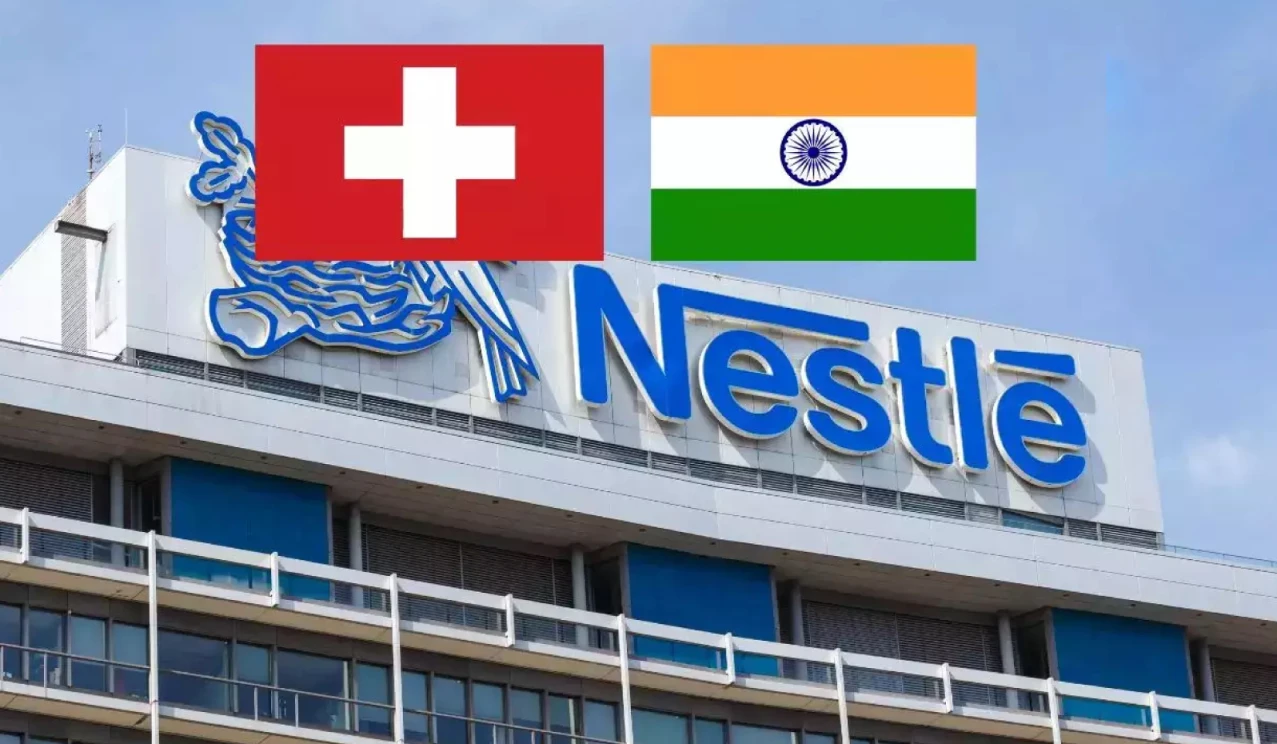World Trade Organisation (WTO) has highlighted that MFN principle has retained its centrality despite the rise of preferential trade agreements (PTAs) since the 1990s.
About MFN
- This principle underlines that countries cannot normally discriminate between their trading partners.
- In simple words, if any country grants someone a special favour (such as a lower customs duty rate for one of their products) then it has to do the same for all other WTO members.
- The principle is embedded mainly in Article I of the General Agreement on Tariffs and Trade (GATT), 1994.
- MFN is also a priority in General Agreement on Trade in Services (GATS) and Agreement on Trade-Related Aspects of Intellectual Property Rights (TRIPS).
- Mechanism for Implementation: Member countries shall extend MFN status to each other automatically, unless otherwise specified in the agreement or schedule notified to the WTO by the member country.
- India has extended MFN status to many countries.
- Exceptions to the MFN
- Trade Pacts: It includes Regional Trade Agreements (RTA) and Preferential Trade Arrangements (PTAs).
- E.g. Comprehensive and Progressive Trans-Pacific Partnership (CPTPP)
- Generalized System of Preferences (GSP) scheme: Under it, developed countries may grant a preferential tariff treatment to imports from developing countries and LDCs.
- Other: Anti-dumping duties, Countervailing duties, etc.
- Trade Pacts: It includes Regional Trade Agreements (RTA) and Preferential Trade Arrangements (PTAs).
Key Terms
|




